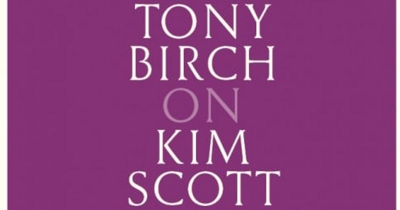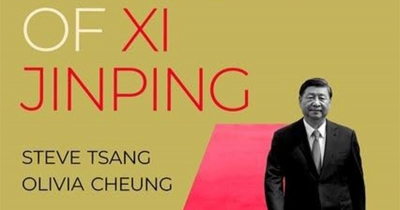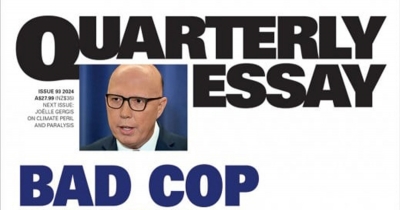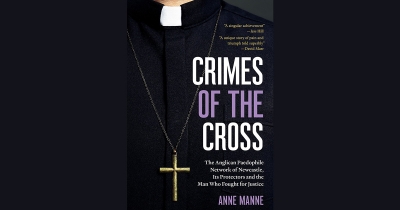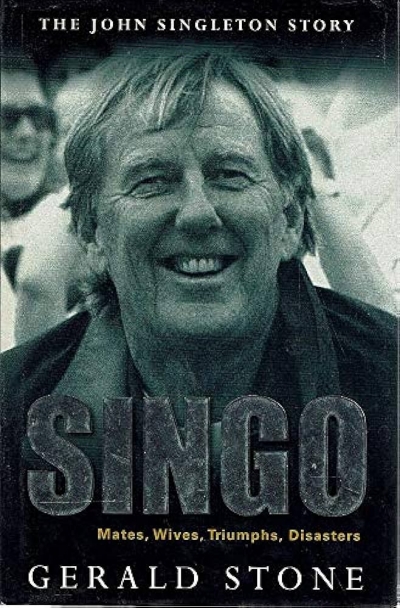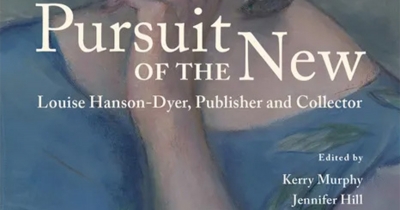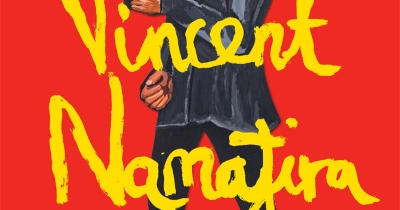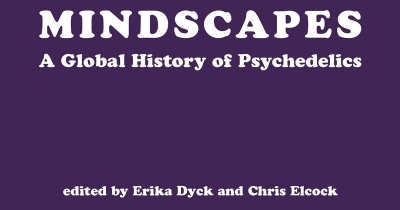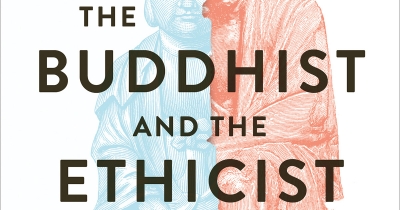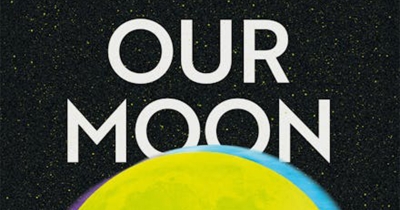Review
The Political Thought of Xi Jinping by Steve Tsang and Olivia Cheung
by Geoff Raby •
Bad Cop: Peter Dutton’s strongman politics (Quarterly Essay 93) by Lech Blaine
by Patrick Mullins •
Crimes of the Cross: The Anglican paedophile network of Newcastle, its protectors and the man who fought for justice by Anne Manne
by Scott Stephens •
Singo: Mates, wives, triumphs, disasters by Gerald Stone
Pursuit of the New: Louise Hanson-Dyer, publisher and collector edited by Kerry Murphy and Jennifer Hill
by Malcolm Gillies •
Expanding Mindscapes: A global history of psychedelics by Erika Dyck and Chris Elcock
by Ben Brooker •
The Buddhist and the Ethicist: Conversations on effective altruism, engaged Buddhism, and how to build a better world by Peter Singer and Shih Chao-Hwei
by Adam Bowles •

